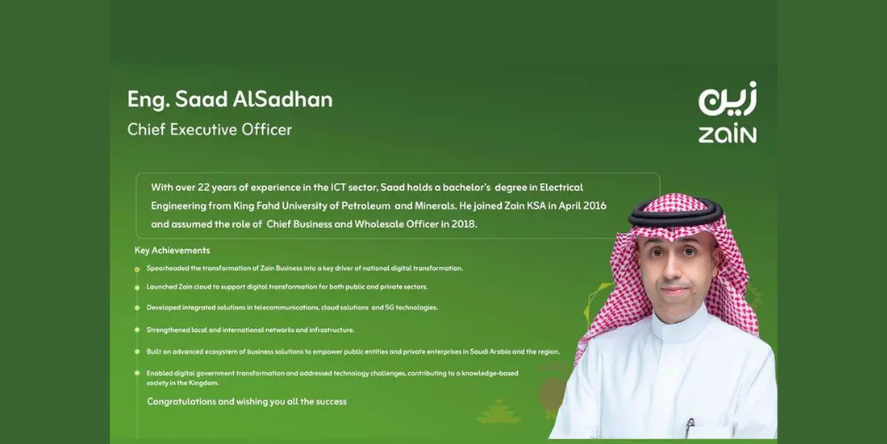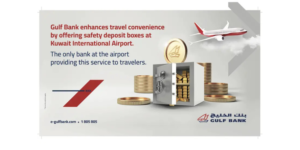Riyadh: 15 December 2019 – Saudi Arabia’s general budget 2020 announced on December 09, 2019, is progressive and focuses on balancing fiscal stability and economic growth despite oil market volatility this fiscal year, according to a budget review released by KPMG Al Fozan & Partners, the leading provider of audit, tax and advisory services in Saudi Arabia.
The latest budget continues to support the Kingdom’s diversification efforts, transitioning the economy away from its dependence on the oil sector by developing the private sector and enhancing its contribution to achieving Vision 2030 goals and targets.
Budgeted revenue is expected to reach SAR 833 billion in 2020, 62 percent of which is driven mainly by oil revenue, while budgeted expenditure is projected at SAR 1,020 billion. Fiscal deficit stands at SAR 187 billion (6.4 percent of estimated 2020 GDP) compared with SAR 131 billion (4.7 percent of GDP) in 2019.
Public debt is anticipated at SAR 754 billion, 26 percent of the estimated GDP in 2020, growing 11.2 percent compared to the previous year.
Commenting on the budget, Dr. Abdullah Hamad Al Fozan, Chairman of KPMG in Saudi Arabia, said: “The proposed budget focuses on maintaining financial stability and sustainability, improving the diversification of revenue sources, and taking measures to advance the economic and social development of the country.”
He added: “Despite the oil market volatility, which had some impact on the expenditure, the government has made notable progress on the Vision Realization Programs. In addition, the allocation of over SAR 1 trillion budget expenditure for 2020 demonstrates the government’s commitment to driving economic growth.”
Meanwhile, the total real GDP growth is expected to reach 2.3 percent in 2020, as a result of relatively stable oil prices, implementation of Vision 2030 programs, and increased spending on infrastructure.
Non-oil revenue is expected to touch a new high of SAR 320 billion in 2020, compared to SAR 315 billion expected in 2019, an increase of 1.6 percent, supported by the government’s continued efforts to develop non-oil sectors with a higher economic and social return.
Dr. Hussain Abusaaq, Chief Economist and Head of Research at KPMG Saudi Arabia, said: “The forecasted general budget figures of higher expenditures over expected revenues, illustrates the government’s efforts of diversifying the economy through continuous implementation of Vision 2030 programs. The key focus of the 2020 budget is to maintain the balance between growth and fiscal sustainability while increasing spending efficiency.”
Oil is expected to remain a major contributor to the Kingdom’s revenue, though it is expected to decline by 14.8 percent to SAR 513 billion in 2020 from SAR 602 billion in 2019, primarily due to volatility in oil prices owing to trade war, according to the KPMG note.
Likewise, non-oil revenue is expected to reach SAR 320 billion in 2020, an increase of 1.6 percent over an expected SAR 315 billion in the previous year. The surge in non-oil revenue reflects the government’s ongoing efforts to diversify its income streams and reduce dependency on oil.
At SAR 200 billion in 2020, tax revenues are projected to be 1.2 percent lower than last year’s value of SAR 203 billion. Taxes on goods and services provides the largest share of non-oil revenue at 44.4 percent.
Ismail Daham Alani, Head of Public Sector, at KPMG in Saudi Arabia, commented: “A number of Vision Realization Programs under the Saudi Vision 2030 initiative have entered the execution phase and achieved a good level of progress in 2019. The positive impact of these programs will be reflected in the medium term.”
In addition, the Kingdom’s debt-to-GDP ratio is expected to equal 28 percent by 2021, compared to 25 percent predicted last year, due to volatility in the oil prices in 2019. Despite debt increasing in 2019, the Kingdom’s debt-to-GDP ratio remained significantly lower than many of its peers. “The government’s efforts and focus on achieving sustainability and the fiscal balance is expected to be beneficial for businesses and public policy planning.
We expect Saudi Arabia to continue progressing towards achieving its Vision 2030 objectives since volatility in oil prices are likely to decrease this year,” Al Fozan concluded.



















